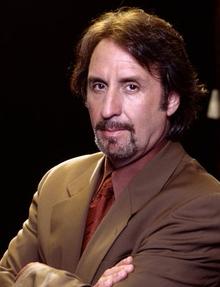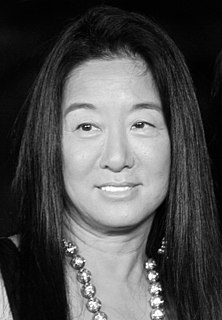A Quote by Bindi Irwin
I don’t think it’s possible to skip with a frown on your face.... I’d like to see the world’s governing and terrorist leaders on a skipping tour through the Middle East and across the subcontinent and China to Korea.
Related Quotes
I think President Barack Obama came to office with quite fundamental understandings in his mind about what's possible and what's not possible in the Middle East. The first, I would say, revolutionary breakthrough that he introduced is that the Middle East doesn't matter to American geostrategy as much as we think.
Sadly, a U.S. invasion of Iraq 'would threaten the whole stability of the Middle East' - or so Amr Moussa, secretary-general of the Arab League, told the BBC on Tuesday. Amr's talking points are so Sept. 10: It's supposed to destabilize the Middle East. The stability of the Middle East is unique in the non-democratic world and it's the lack of change in Iraq, Iran, Saudi Arabia, Syria, Egypt that's turned them into a fetid swamp of terrorist bottom-feeders.
The Iranian issue I don't think has much to do with nuclear weapons frankly. Nobody is saying Iran should have nuclear weapons nor should anybody else. But the point in the Middle East, as distinct from North Korea, is that this is center of the world's energy resources. Originally the British and secondarily the French had dominated it, but after the Second World War, it's been a U.S. preserve. That's been an axiom of U.S. foreign policy, that it must control Middle East energy resources.
The world has grown increasingly dangerous, with a nuclear madman in North Korea testing an ICBM a month, mullahs in Tehran plotting the takeover of the Middle East, Russia engaging in 'frozen conflicts' in Ukraine, Georgia, and Moldova, a very hot civil war in Syria, and China appropriating a vast swath of the Pacific to itself.
I think there's going to be a real push in the next two years in Asia - China and Korea specifically. And that's a huge undertaking. Ten years ago it was impossible to break into that part of the world. Some of the biggest companies in the world found it challenging. But I am Chinese-American and I think what we do will resonate in China. So that's where we see our biggest opportunities going forward. I do speak Mandarin and I also relate to the hunger that China has for culture and architecture and style.



































